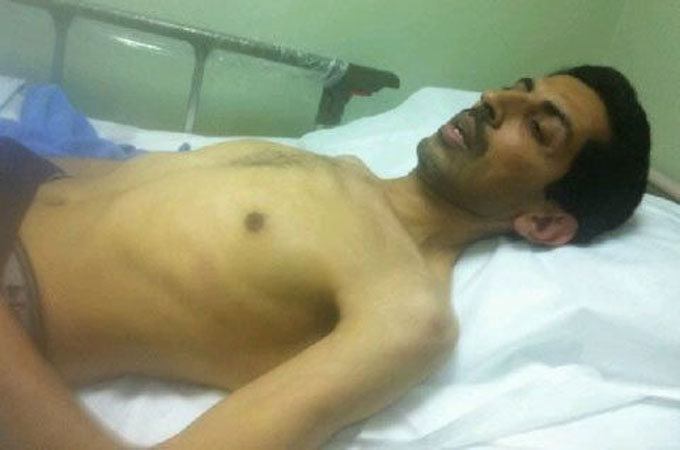by Emilee Gaebler
Impunity Watch Reporter
QUITO, Ecuador – President Rafael Correa recently signed a new mega-mining deal for the Mirador copper project with Chinese company Ecuacorrientes (ECSA). Public outcry over this has been immediate with many citing the lack of environmental safeguards in the deal.

Correa signed the deal and bypassed a number of national mandates regarding environmental protections. The Mirador project is located in the Amazon province of Zamora Chinchipe, along the Peruvian border. Correa failed to comply with Article 6 of the Ecuadorian Mining Mandate that regulates an established procedure for mining concessions granted on protected lands.
During the signing of the contract on March 5, Correa indirectly admitted that he was aware of the potential environmental damages the project posed.
“All mines pollute. We need mining. Let’s have responsible mining,” said Correa at the signing; while failing to mention that he was moving the project forwards without having done an Environmental Impact Assessment or obtaining an Environmental License.
Indigenous communities as well as other social activist groups throughout Ecuador came together the day after the signing to implement the March for Water and Life. On March 22, the fifteen day march through Ecuador ended in Quito, the capital city. At that point the march had close to 25,000 supporters.
Images of the march show that what started as a protest to the large-scale mining agreement, by the Confederation of Indigenous Nationalities of Ecuador (CONAIE), grew to include a number of wider issues facing the country.
“I am here in the spirit of solidarity between indigenous peoples and nationalities. Each people, each sector, has their own reason for being here. We, the Sapara Nation, are here to resist oil extraction on our land,” was one protestors comment regarding the growth of the march.
A 19 point charter was submitted to the government by the protest. It covers a number of issues; including law of water, free admission to universities, equitable distribution of land, restoration of public servants, freedom of expression, and an end to open-pit mining and oil concessions.
The arrival of the march in Quito on March 22 was tense with large numbers of riot police on the streets and helicopters flying overhead. Some isolated altercations broke out between the protestors and police at the end of the day.
Reports by local media are that President Correa paid people and gave them food and transportation to fill all public park spaces in Quito so that as the march entered the city protestors would have no place to gather.
For more information, please see;
Amazon Watch – Ecuador’s Indigenous People Reach Quito After 600 km March for Water, Life, and Dignity – 23 March 2012
Indigenous Peoples Issues and Resources – Ecuador March for Water and Life Video Report – 23 March 2012
The McGill Daily – Thousands Protest in Ecuador’s Capital for Water, Life, and Dignity of the People – 22 March 2012
FIDH – FIDH Calls for the Suspension of the First Large-Scale Open-Pit Mining Project in the Ecuadorian Amazon – 19 March 2012
Global Voices – Ecuador March for Water and Life Says No to Large Scale Mining – 17 March 2012
Latin America Press – Mega Mining Takes Off – 15 March 2012


